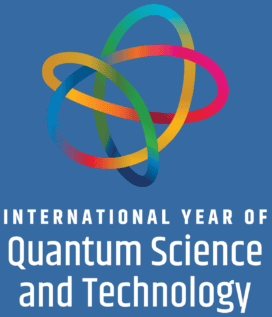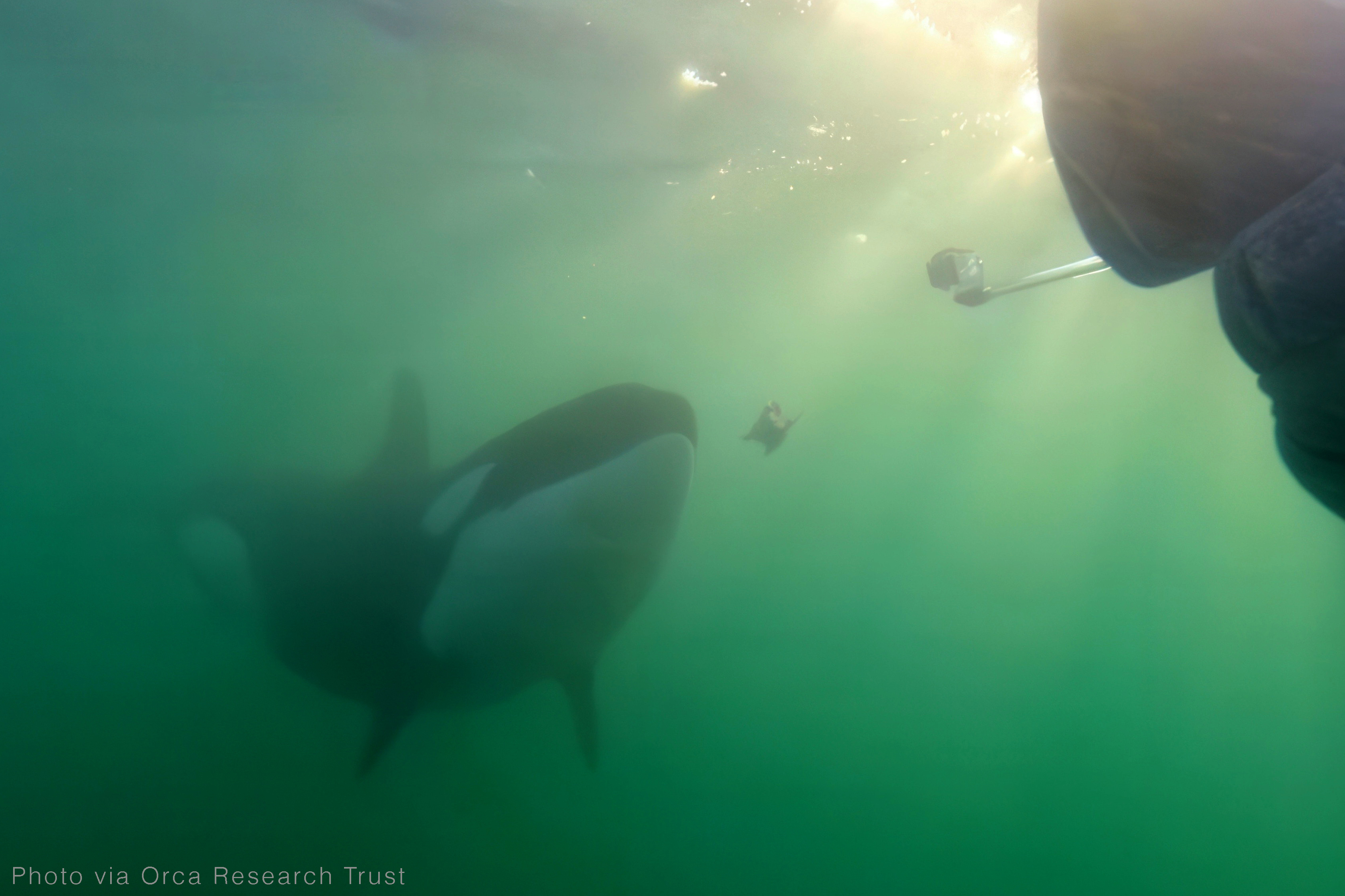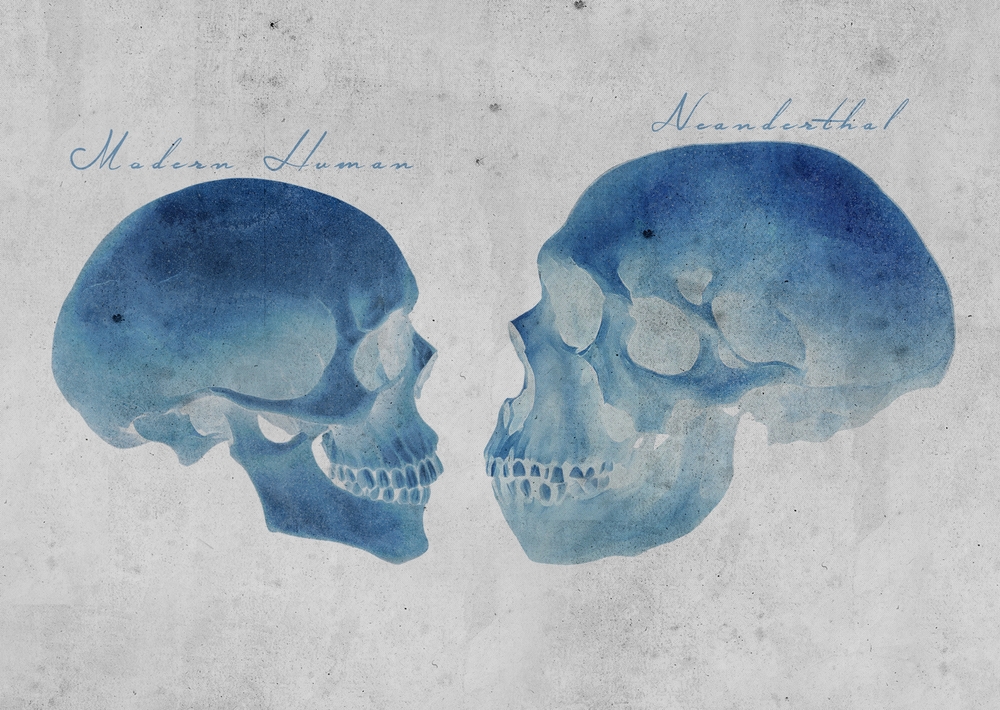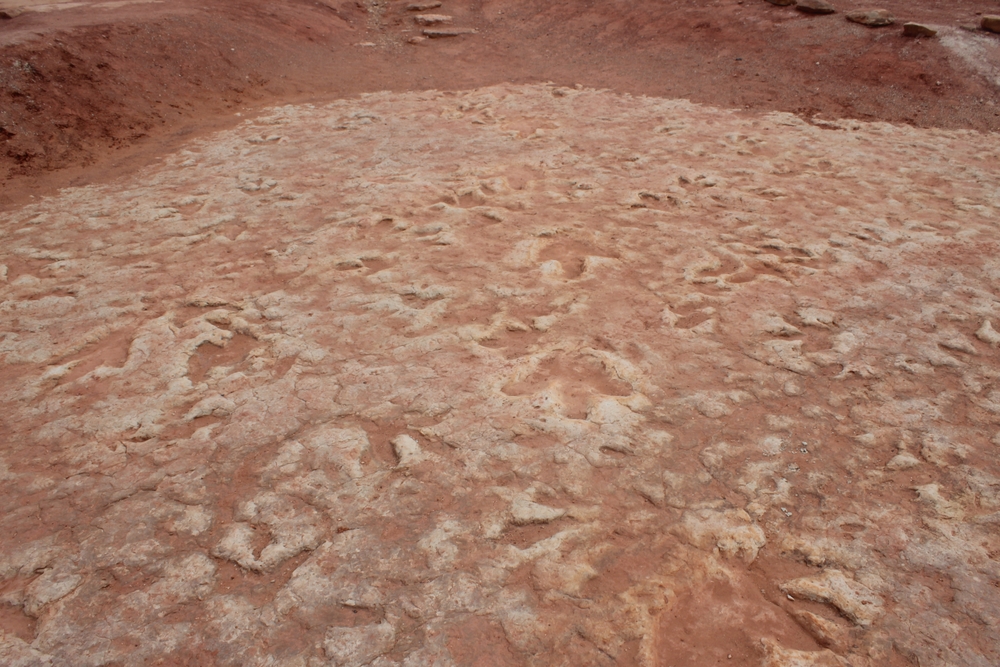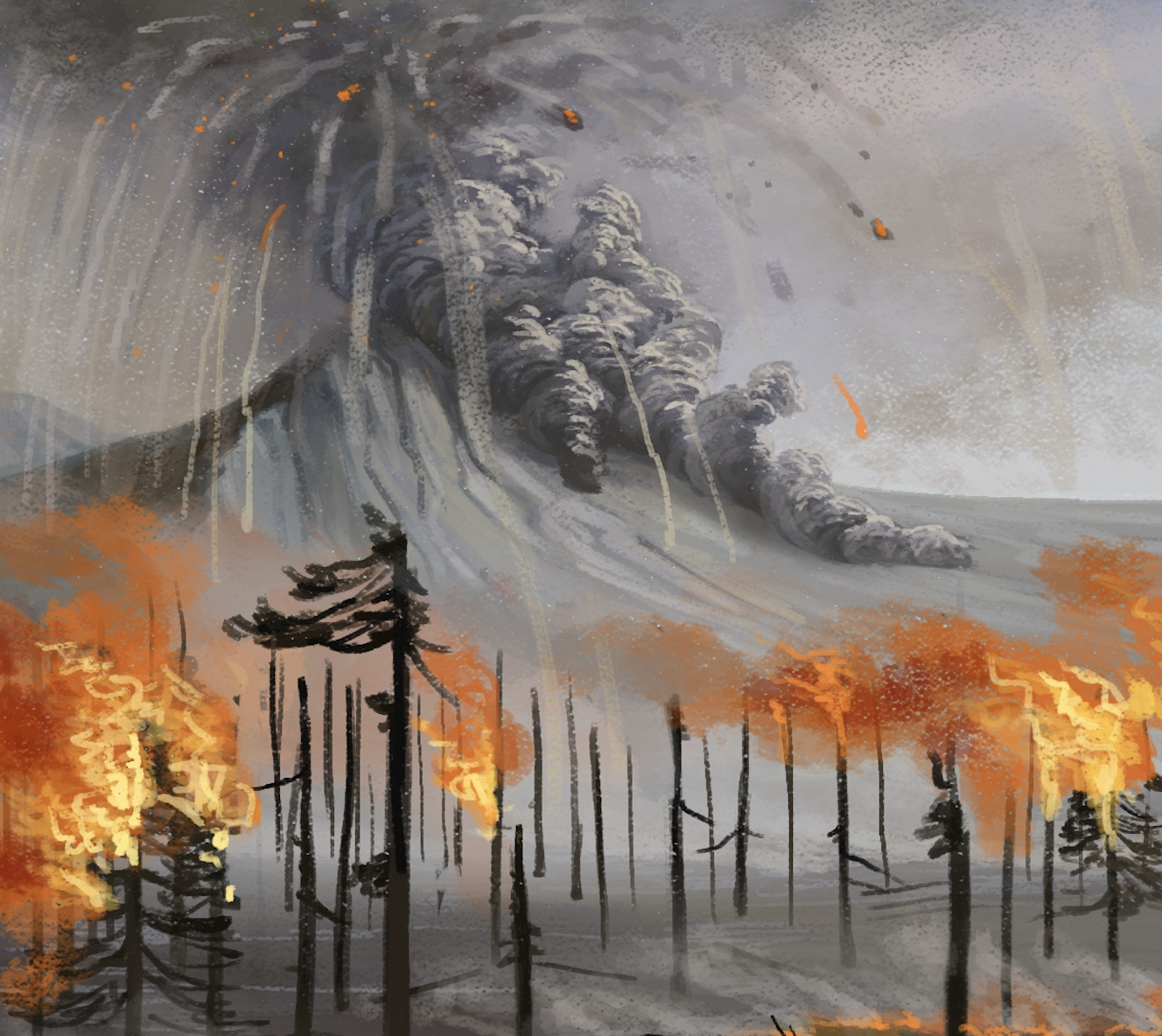Heisenberg (not) in Helgoland: where two paths diverge
Helgoland
5 June: I am somewhat relieved Professor Born accepted my request for leave at short notice. The hay fever in Göttingen seems worse this year than last when I returned from Copenhagen. Even when not coughing, sneezing or stemming tears from my eyes, I am barely able to string two thoughts together. My thinking jumps from place to place with no sense of continuity, place or direction. I leave for Helgoland immediately.
6 June: The journey has been long and less than pleasant, but I have arrived. Seeing my puffed-up face and eyes swollen shut, the landlady of the guesthouse said, “Oh my, what a state! Who did this to you? I have a quiet room on the second floor where you may recover from your fight. Peace and rest is what you need.” I did not correct her observation for she meant well.
7 June: Sunday has been a day of rest and recovery. This treeless island already offers better relief than my usual attempts at medication. The air is fresh and I am drawn to wander in the sunshine rather than hide from it.
9 June: The sea air has brought with it a new perspective. While we cannot deny that the assortment of observations, equations and ideas we have support a quantum view, it is generous to call their sum a theory. They are parts in loose association. While we can observe the intensity of hydrogen’s spectral lines, we cannot observe all that we believe we need to know in order to explain their intensity. My island perspective, being so close to the stuff of water, is that perhaps it is our belief that is at fault? What if we can let those unobservables remain that way?
10 June: Yes, this thinking has momentum, although I am uncertain where it will lead. Perhaps we must give up the demands of our lingering Newtonian worldview and give ourselves over more fully to the mathematics.
There is a before and an after: we know where the electron is on either side of a transition, and that should be sufficient. We need not trouble ourselves with the story in between – the mathematics is untroubled, it is only our previously held beliefs that cause difficulty!
14 June: I am a little distressed by possible asymmetries in what I have formulated. I am not yet ready to abandon causality and conservation, as Bohr and colleagues so boldly – and unsuccessfully – attempted last year.
15 June: I wandered out in the middle of the night and headed to the south shore where I climbed a rock to sit in thought. I have found no contradiction within this theory or in its relation to other truths – energy is conserved! Within the consistency and coherence of the mathematics, I also see beauty and a wealth of possibility. There is a lingering asymmetry in the operations, but I made peace with that as I watched the sun rise and observed the waves. Wave on wave may be commutative, but wave on shore is not. Such noncommutativity seems also to be the case with the tabular system of numbers I have used.
16 June: I leave for Hamburg. I wish to share these insights with Pauli ahead of my return to Göttingen. Before sharing my insights with Professor Born, I need for Wolfgang to confirm what I have unearthed is not wrong and that this theory is not some sea madness.
Göttingen
5 June: I am somewhat aggrieved that Professor Born did not grant my request for leave. Admittedly, the notice was short, but the hay fever is most wretched. I am barely able to string two thoughts together, let alone a theory for electron transition. The problem of hydrogen’s spectral lines eludes me, as does any coherence during much of the day or night. The lushness of Göttingen’s parks and gardens is a curse in summer. If I am to make progress on this problem of physics, I must first address this problem of my own biology.
6 June: Chemistry is today’s pursuit. I have secured medication in a greater dose than before.
7 June: Empirically, I appear to have determined that a more generous ingestion of cocaine is not the solution to my hay fever problem. I shall instead switch to increasing my intake of aspirin.
11 June: I am feeling most sorry, both for myself and the state of our discipline. It is as though my own ills are entangled with physics as a whole. There is little certainty or clarity, only contradictions and incompleteness. Whether at the scale of the atom or the galaxy, our understanding contradicts our intuition and our progress out of this darkness is pitiful.
Even Professor Einstein’s magnificent general theory of relativity has its difficulties. Without a fix that lacks any theoretical origin, it predicts an expanding universe! There are even solutions that permitted dark stars whose gravity would be so large that nothing could escape! We are mired in questions and nonsense, all the while I am little more than coughs, sneezes and reddened eyes. What I might generously call my mind is barely deserving of the name.
I am consoled, at least, that in mathematics the story is not the same. Russell and Whitehead have shown that mathematics is complete and consistent – although I know of no one who has managed to read the whole proof. This result offers a firm bedrock I am sure mathematicians will continue to celebrate a hundred years from now.
15 June: I was en route to the department this morning when I entirely lost my bearings after taking a wrong turn from my usual route. Imagine knowing where I was going but not knowing where I was!
Just last week I had the opposite experience. My landlady accosted me just in front of the Friedhofskapelle Stadtfriedhof. I was as surprised to see her as we was to see me. “Good day, Professor Heisenberg.” I long ago stopped reminding her that I was no professor, merely a Privatdozent. She means well. “Where are you heading?” And do you know, I had no idea! How I wish, though, that Born had let me travel to Helgoland.
16 June: As I walk – and sneeze – into the university this morning, I am caused to wonder from where answers to our quantum troubles might emerge. Bohr has great insight, so will it be from Copenhagen that an interpretation will appear? Or perhaps it will from Cambridge — Paul Dirac’s thinking is particularly fresh.
For now, I wish an end to summer and the fog it has brought to my thinking, yet I also wonder whether we are asking more of nature than she is prepared to share with us. Perhaps it is our dearly held beliefs that hold us back. Perhaps nature and mathematics do not share those beliefs. Perhaps. There is an uncertainty within me that I find hard
to articulate.
- To hear the author read an extract from the diaries and reflect on the power of “flash fiction”, check out the Physics World Stories podcast.
This article forms part of Physics World‘s contribution to the 2025 International Year of Quantum Science and Technology (IYQ), which aims to raise global awareness of quantum physics and its applications.
Stayed tuned to Physics World and our international partners throughout the next 12 months for more coverage of the IYQ.
Find out more on our quantum channel.
The post Heisenberg (not) in Helgoland: where two paths diverge appeared first on Physics World.
